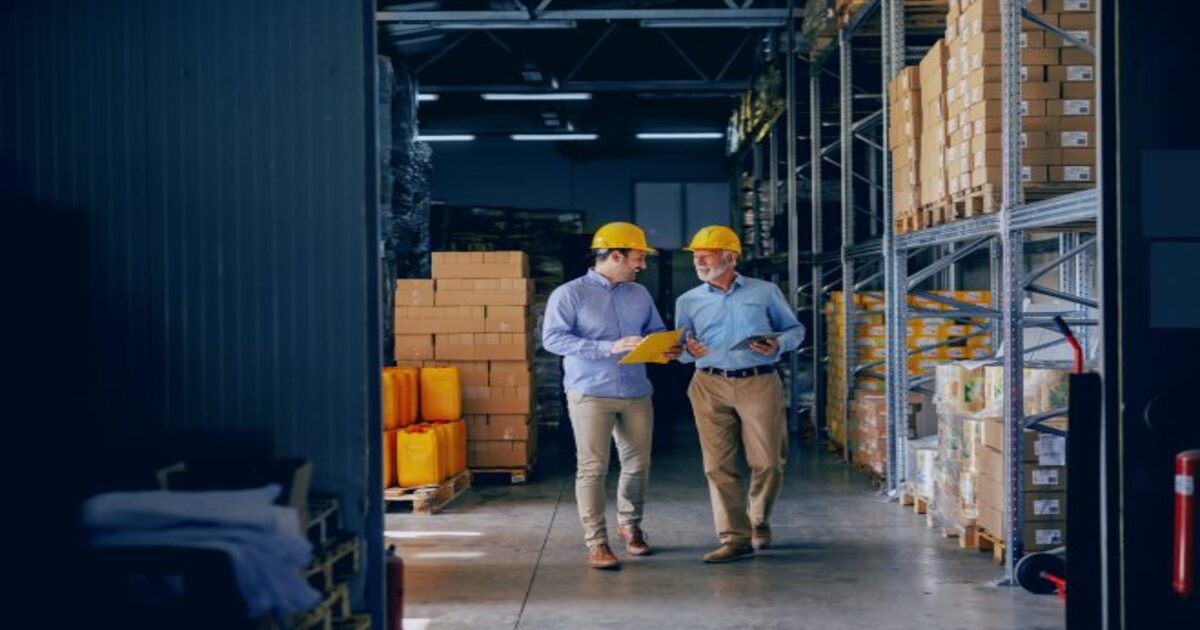It’s time for the manufacturing industry to take a bold step towards a sustainable future. The old ways of production just won’t cut it anymore. In order to thrive in the long run, change is not only necessary, it’s essential.
Based on the latest research from IDC, this blog aims to explore the ways in which organizations can effectively prepare for their transition toward the circular economy. With a mutual goal of achieving a digital and sustainable new normal, full of energy, it is important to first understand why this change is imperative.
Two significant disruptions
A key conclusion from IDC’s Shaping the Future of Manufacturing research report is that organizations in the manufacturing industry will face two significant disruptions over the next two years.
- Global supply chain challenges and shortages of essential raw materials, (semi-) finished goods and components.
- Rising costs of these raw materials, (semi-) finished goods and components due to high global energy prices.
These disruptions have made it challenging for organizations in the manufacturing industry to be successful. For example, adding value to the traditional source-make-deliver model has become nearly impossible. Think higher production costs, supplier delivery delays or even dissatisfied customers switching to competing organizations or alternate products. Together, with ongoing disruption, increasing uncertainty, economic instability, and high inflation, organizations are struggling to raise sufficient funds to match increased prices.
Together we strive for a new sustainable and digital normal
Fortunately, there is good news. Circular business models are now the answer to staying future-proof. If raw materials are hard to come by, or only at high cost, they are no longer the best option: reuse pays off.
Indeed, as the IDC research report mentions manufacturers who consider themselves digitally advanced have been able to stabilize or even increase their profits over the past year. Of course, there is no “one size fits all” approach, but it is important to better understand sustainability and digitalization.
To remain competitive, organizations in the manufacturing industry must embrace automation, master software platforms, and have real-time visibility into their extended supply chain, which is constantly changing. Technological advancements that improve efficiency, flexibility, and competitiveness are now essential.
Adapting to a new digital and sustainable norm demands sustainable production and smarter operations and distribution – making it crucial to stay informed and seek advice on how IFS’ next-gen cloud software can help you face the future and achieve the next level of digital transformation and sustainability.
Source: Scheepers M. (2023,Sep 27). Towards A New Dıgıtal And Sustaınable Normal In The Manufacturıng Industry. IFS Blog. https://blog.ifs.com/2023/09/towards-a-new-digital-and-sustainable-normal-in-the-manufacturing-industry/

